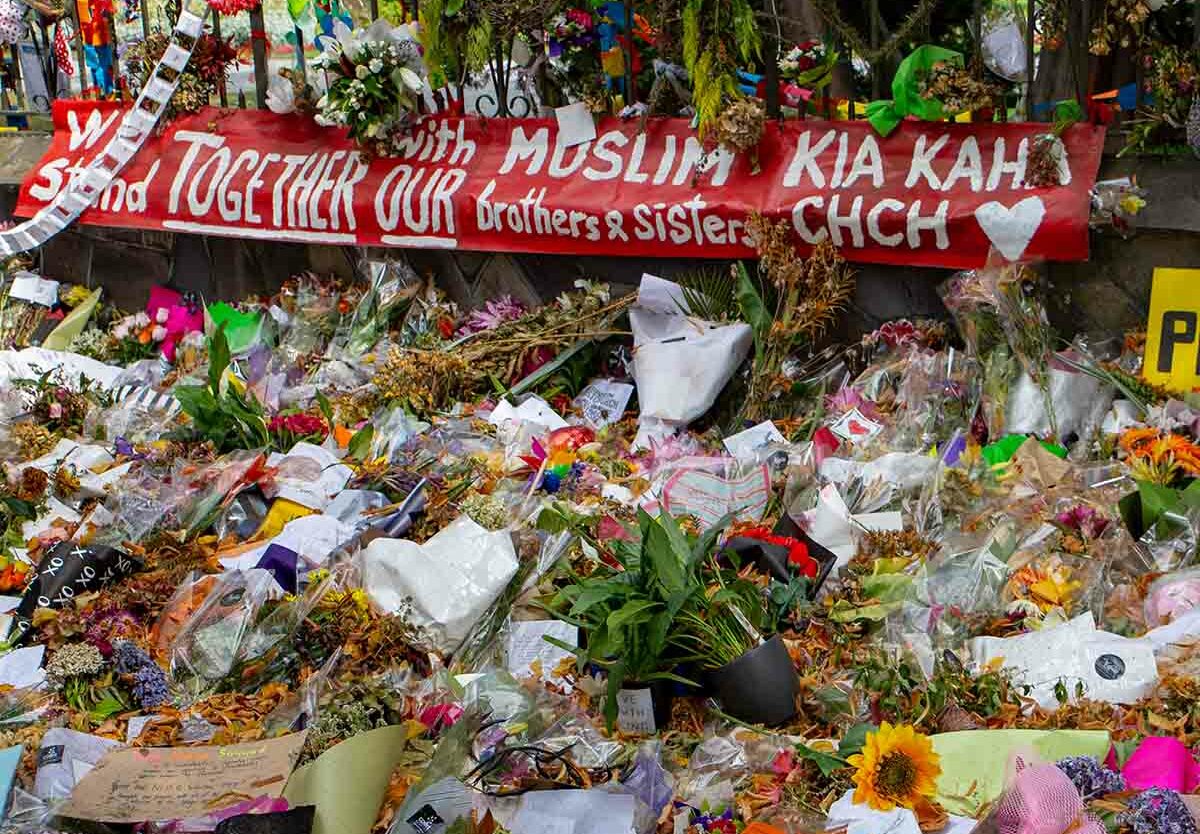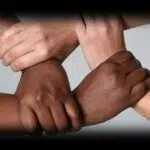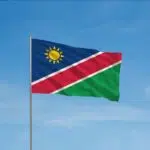International Race Relations Day is observed on March 21. This date was selected in memory of the 1960 Sharpeville Massacre. This peaceful protest against the Apartheid Pass Laws in South Africa led to the death of at least 69 black South Africans, including 10 minors. At the time, “Time” magazine had described the Pass Laws as “almost a physical shackle” in one of its editions right after the massacre. In the aftermath of the tragedy, the U.N. General Assembly urged the global community to come together to end such unfortunate events.
History of International Race Relations Day
International Race Relations Day is a day that commemorates the lives lost in Sharpeville in 1960. In 1979, the U.N. General Assembly declared a week of solidarity in honor of the victims of this racial intolerance. Ever since, this week has been observed to urge different communities and nations to double their efforts in curbing racial and ethnic conflicts.
The details regarding the massacre were officially reviewed based on the findings of the South African Truth and Reconciliation Commission in 1998. The commission report stated that the police opened fire on an unarmed group of people who were protesting against the Apartheid laws. Over and above the lives lost, over 300 people were injured during the shooting. About 34 years later, the apartheid system in South Africa was officially dismantled. At a similar time, racist practices and laws have been terminated in several nations around the world. Much later, in 2001, a World Conference against Racism was held in Durban, South Africa. Here, world leaders joined hands to adopt an action-orientated document that addresses issues like xenophobia and recommended concrete steps to tackle racism.
However, there are many other regions and communities in which people of certain ethnic groups are subjected to injustice. This holiday emphasizes the importance of acknowledging cultural diversity. Today, educational institutes across the U.S. hold diversity as one of the major criteria in their selection process.
In 2021, governments and organizations from all over the world gathered to evaluate how different states have progressed towards the elimination of racism since the 2001 World Conference against Racism in Durban. The UN High Commissioner for Human Rights, Michelle Bachelet, stressed the need for different nations to continue their fight against racial intolerance as a combined force.
International Race Relations Day timeline
The Act declares discriminating against someone on the “grounds of color, race, or ethnic, or national origins” to be a criminal offense in the United Kingdom.
The United Nations General Assembly proclaims March 21 as the International Day for the Elimination of Racial Discrimination.
The U.N. General Assembly adopts a list of activities to be carried out during the second half of the Decade for Action to Combat Racism and Racial Discrimination.
The World Conference against Racism produces a comprehensive program to fight racial discrimination, xenophobia, and other related intolerance.
International Race Relations Day FAQs
What do race relations mean?
Race relations is a field of study in sociology that attempts to understand how different racial communities relate to each other. In particular, it tries to explain the idea of violence against race.
What did the Race Relations Act of 1968 make it illegal to do?
This act, passed in the United Kingdom, made it against the law to refuse anyone housing, employment, or public services based on the color of their skin.
What are the four racial groups in South Africa?
Racial classification is what the Apartheid laws were based on. Individuals were placed into the categories ‘native’, ‘coloured’, ‘Asian,’ or ‘white.’
How to Observe International Race Relations Day
Be mindful of racist comments
At times, we may have casually remarked on someone’s color or nationality based on their appearance. From now on, let’s be cautious and mindful of our words and how we treat people.
Dive into the history of racism
This holiday could be the right occasion to understand the history of racism. Before reacting to the issue, it might be a good idea to make ourselves aware of the whys, hows, whats, and whens.
Inform others
If you know someone who isn’t aware of the significance of this day, enlighten them. This could be the first step to making this world a better place.
5 Important Facts About Race Relations
Widely observed in New Zealand
New Zealand observed International Race Relations Day for the first time in 2003 with the theme ‘Hands Up for Kiwis of Every Race and Place.’
Racial prejudice is still prevalent
A 2018 survey revealed that 88% of police stops in N.Y.C. involved black and Latin people, and almost 70% of them were completely innocent.
Significant social progress is taking place
Back in the early 1980s, only 43% of people in the U.S. approved of interracial marriages, but by 2021, this number had increased to 79%.
Popular culture adapts to avoid racial controversy
A line in one of the songs in Disney’s “Aladdin” was altered to avoid being offensive to Arab people.
Racism isn’t only perpetrated by white people
The term “honkies” is a slur against white people that is believed to have originated in meatpacking plants in Chicago.
Why International Race Relations Day is Important
It’s an opportunity to reflect
This day allows us to reflect on our journey towards building a racially diverse and inclusive world. It’s a chance to think about the injustices of the past and about how we can prevent them from happening again.
It’s a chance to share experiences
International Race Relations Day reminds us to celebrate and appreciate the richness of collective cultural experiences. It’s the perfect opportunity to get to know someone from a different cultural background.
It’s an opportunity to take a step toward acceptance
International Race Relations Day supports the idea of accepting cultural differences. It allows people to have a sense of belonging and to be comfortable with who they are.
International Race Relations Day dates
| Year | Date | Day |
|---|---|---|
| 2026 | March 21 | Saturday |
| 2027 | March 21 | Sunday |
| 2028 | March 21 | Tuesday |
| 2029 | March 21 | Wednesday |
| 2030 | March 21 | Thursday |




















































